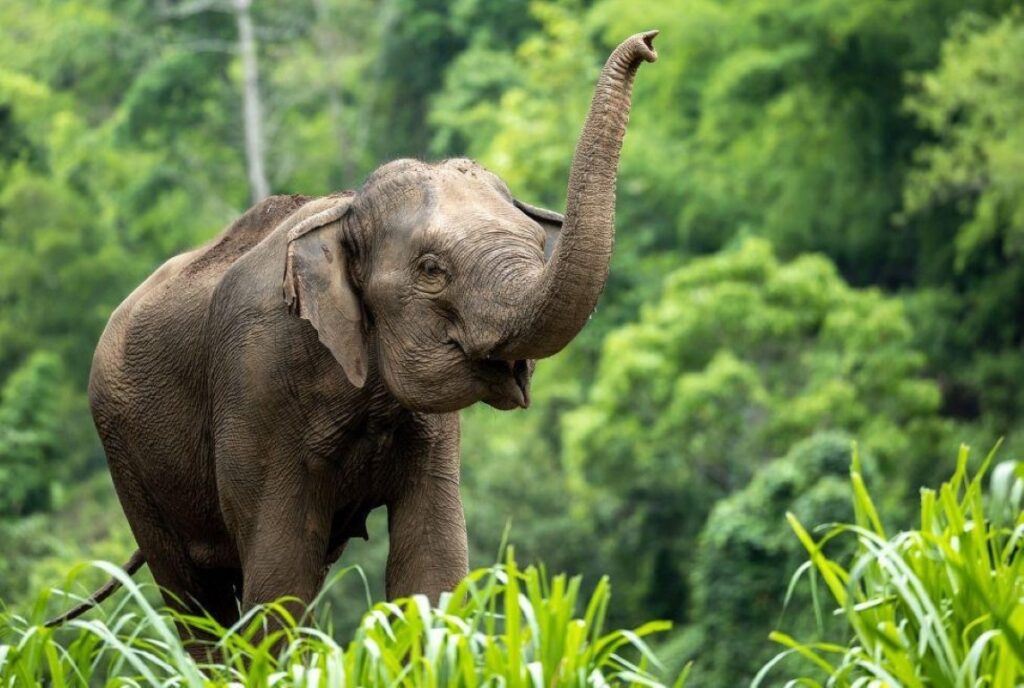Daily Activities of Elephants: A Fascinating Insight
Elephants are one of the most intelligent and majestic creatures on Earth. Their daily routines are a mix of survival instincts, social interactions, and environmental engagement. Understanding the daily activities of elephants provides a deeper appreciation for their complex behaviors and helps promote their conservation. Here, we delve into the various activities that elephants engage in throughout their day.
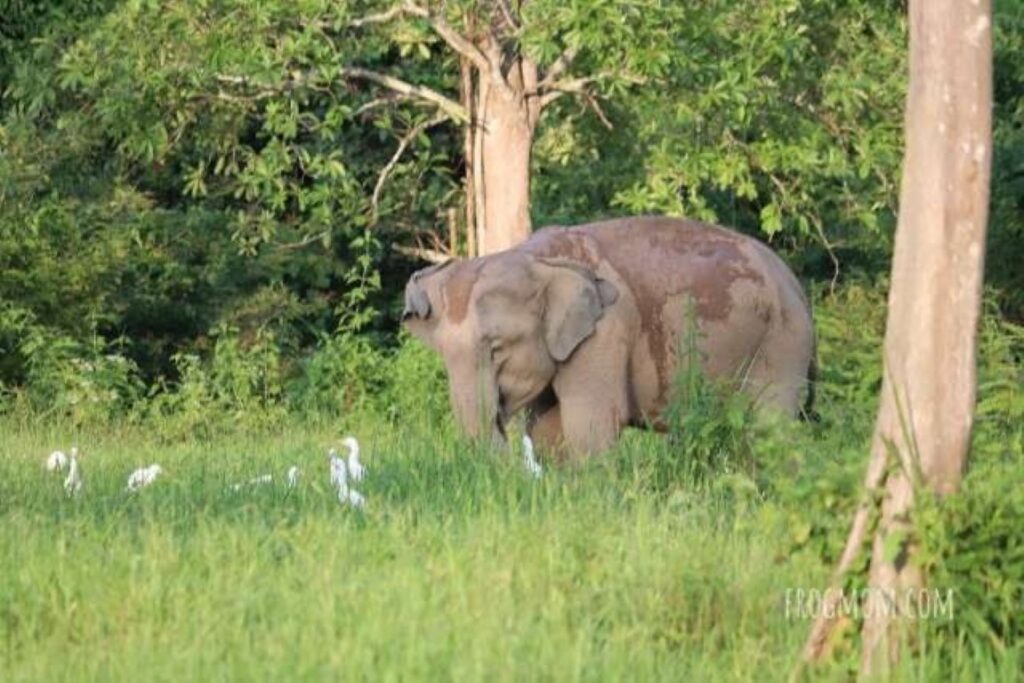
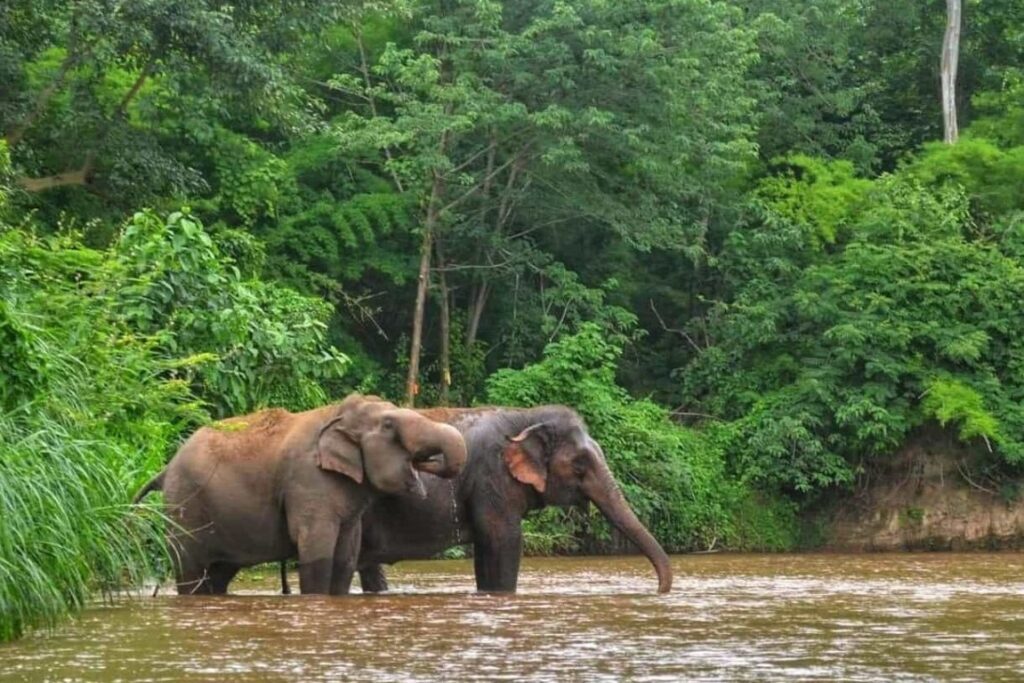
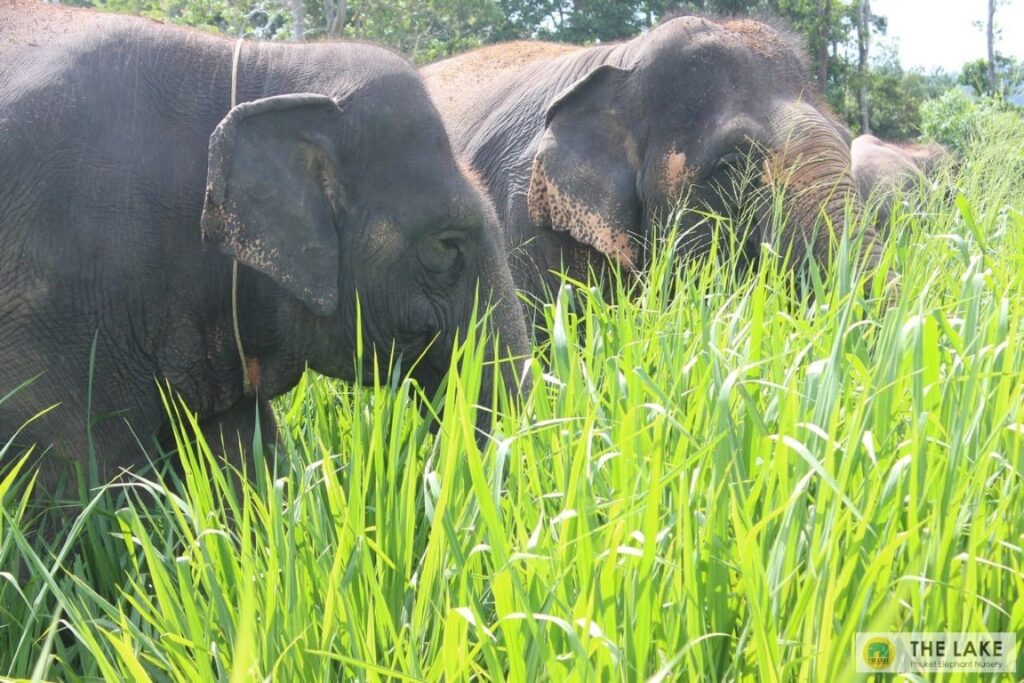
A Brief History of Domesticated Elephants in Thailand
Ancient Roles
Elephants have been domesticated in Thailand for over 4,000 years. Historically, they were used for transportation, warfare, and labor. These gentle giants were essential in constructing temples, transporting goods, and even assisting in battles during the Ayutthaya and Sukhothai periods.
Religious and Cultural Significance
In Thai Buddhism, elephants symbolize strength, wisdom, and prosperity. The white elephant, in particular, is considered sacred and is associated with royal lineage and good fortune. King Rama IX famously kept several white elephants as a sign of his spiritual and political authority.
The Role of Elephants in Modern Thailand
Tourism
Thailand’s elephants became a focal point for tourism in the mid-20th century. Activities such as elephant rides and circus performances became popular attractions for international visitors. However, the exploitation of elephants in such activities raised significant ethical concerns.
Logging Industry
For decades, elephants were the backbone of Thailand’s logging industry, helping transport heavy timber across the country. When commercial logging was banned in 1989, thousands of elephants and their mahouts (caretakers) were left without work, leading many to enter the tourism sector
.
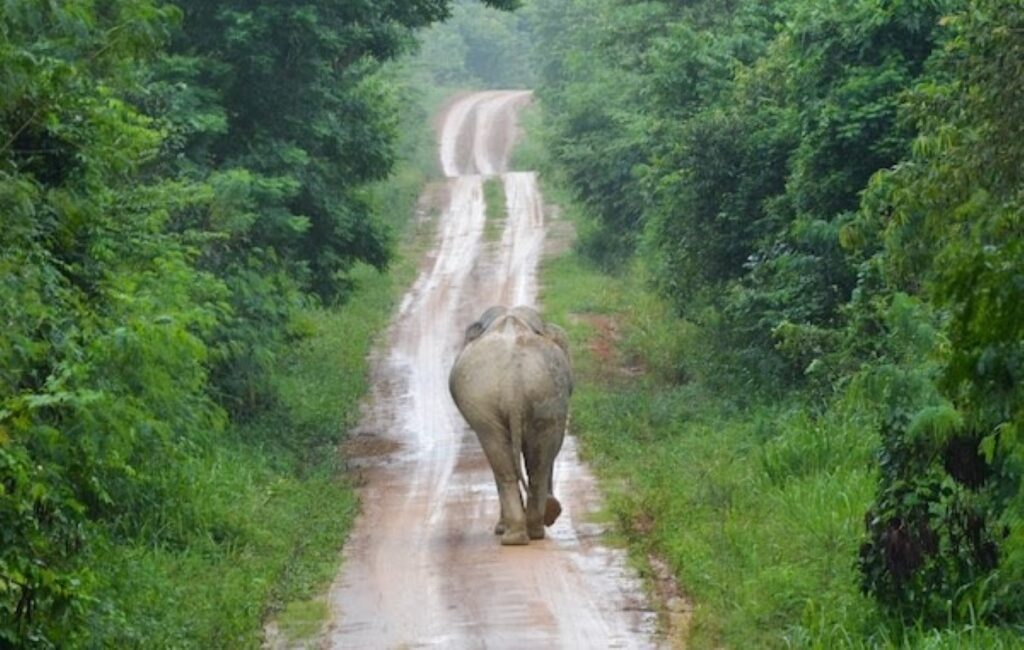
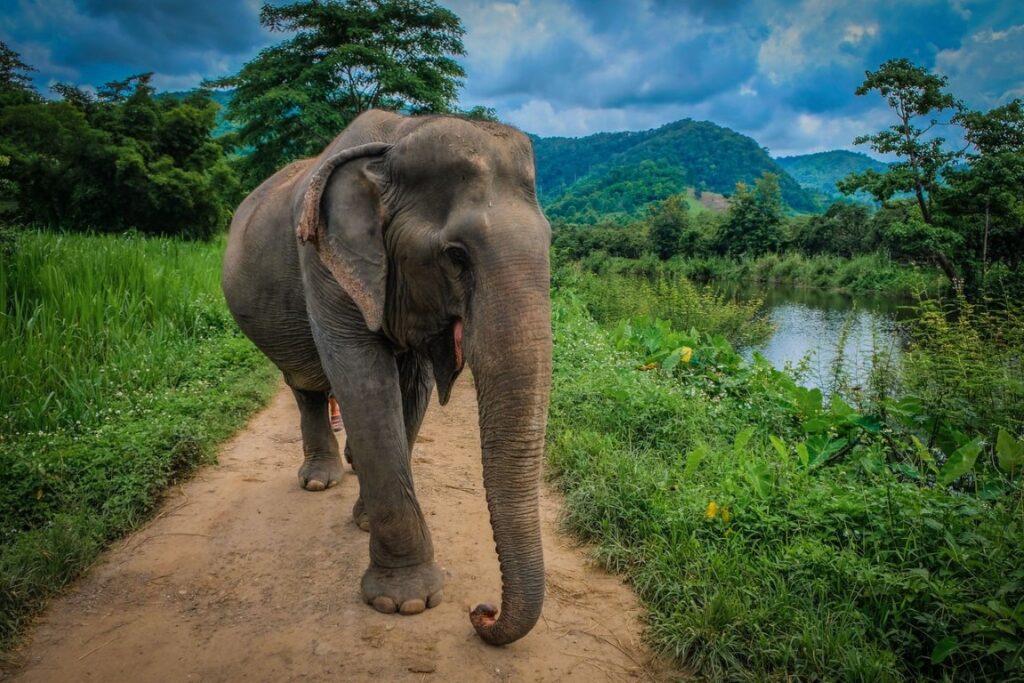
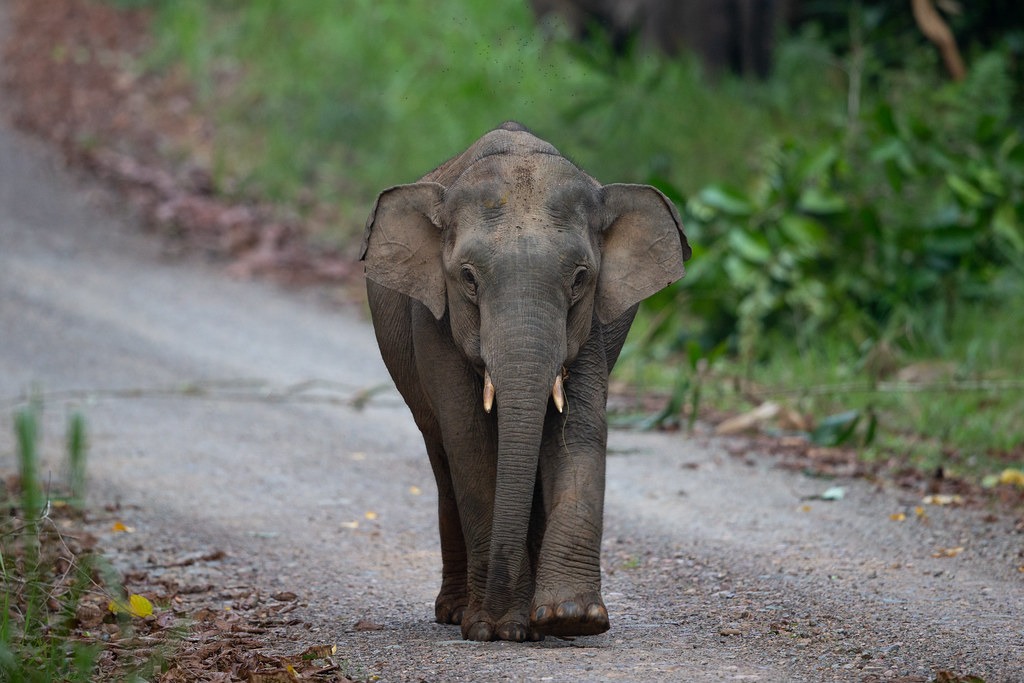
Challenges Facing Elephants in Thailand
Habitat Loss
Deforestation and urbanization have drastically reduced the natural habitats available for wild elephants. This has forced many into closer proximity to humans, leading to increased conflict.
Exploitation in Tourism
While elephants have long been an attraction for tourists, the demand for entertainment often comes at a high cost to the animals. Harsh training methods, overwork, and inadequate living conditions are common issues in some establishments.
Health Concerns
Domesticated elephants often suffer from health problems due to poor diets, stress, and lack of proper medical care. Overweight elephants and those with joint issues are common in facilities that focus on profit over welfare.
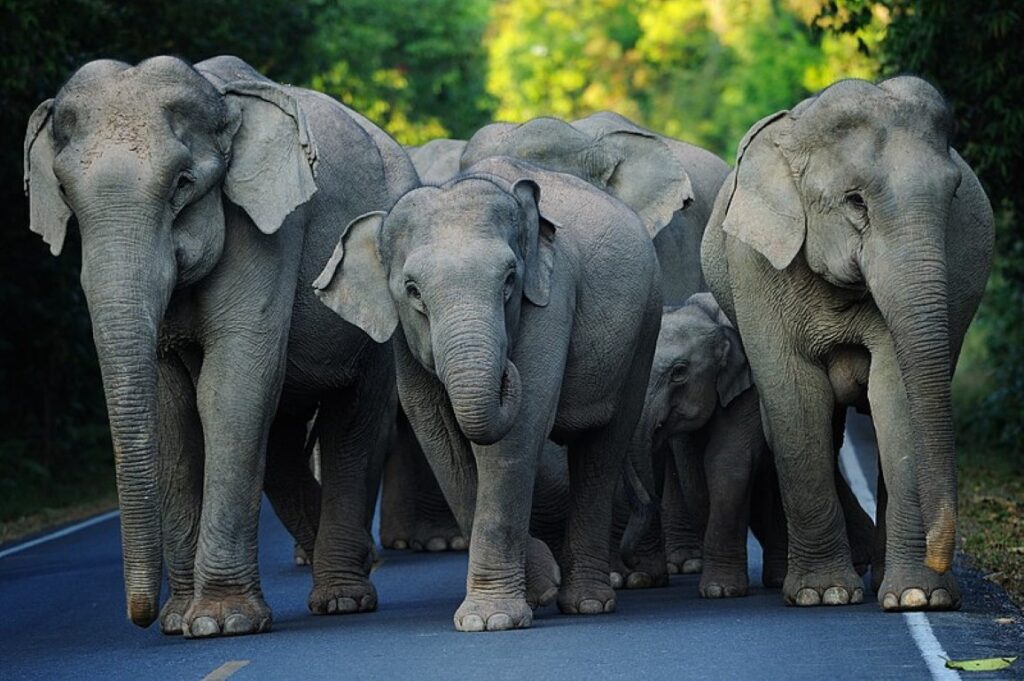

The Rise of Ethical Elephant Sanctuaries
What Are Elephant Sanctuaries?
Elephant sanctuaries are safe havens where elephants can live free from exploitation and harm. These facilities focus on providing a natural environment, proper care, and the opportunity for elephants to exhibit natural behaviors.
Key Features of Ethical Sanctuaries
- No Riding Policies: Ethical sanctuaries prohibit elephant rides to prevent physical strain and injury.
- Interaction on Elephants’ Terms: Visitors observe and interact with elephants at a respectful distance.
Focus on Rehabilitation: Many sanctuaries provide care for elephants rescued from abusive situations or poor health
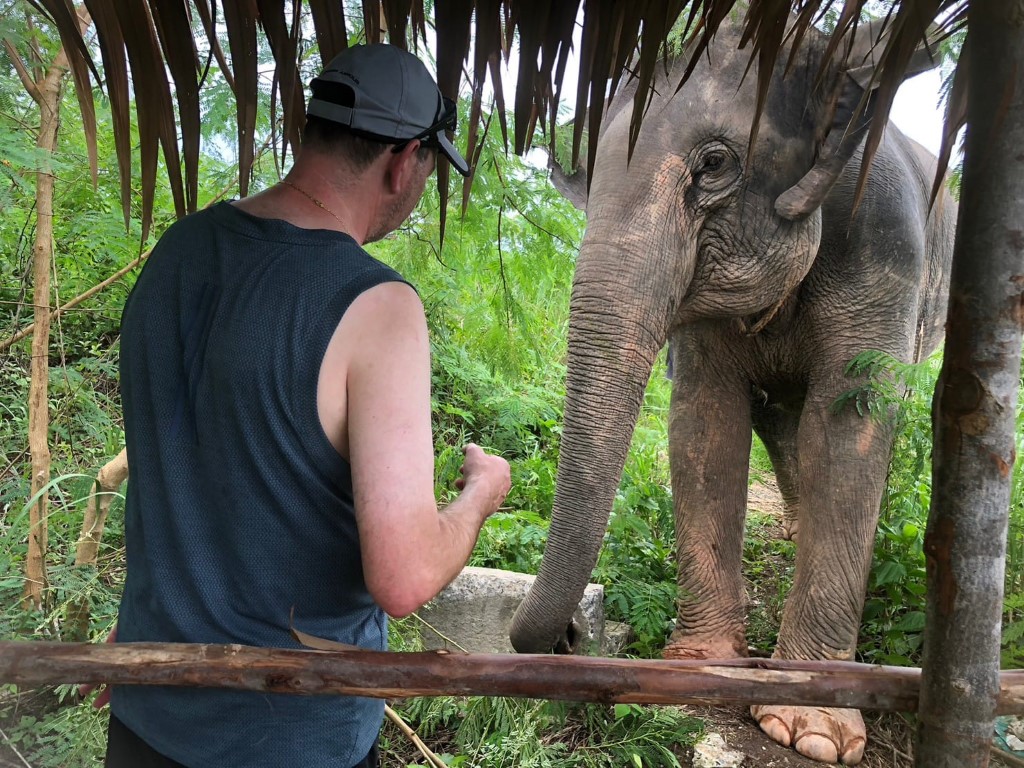
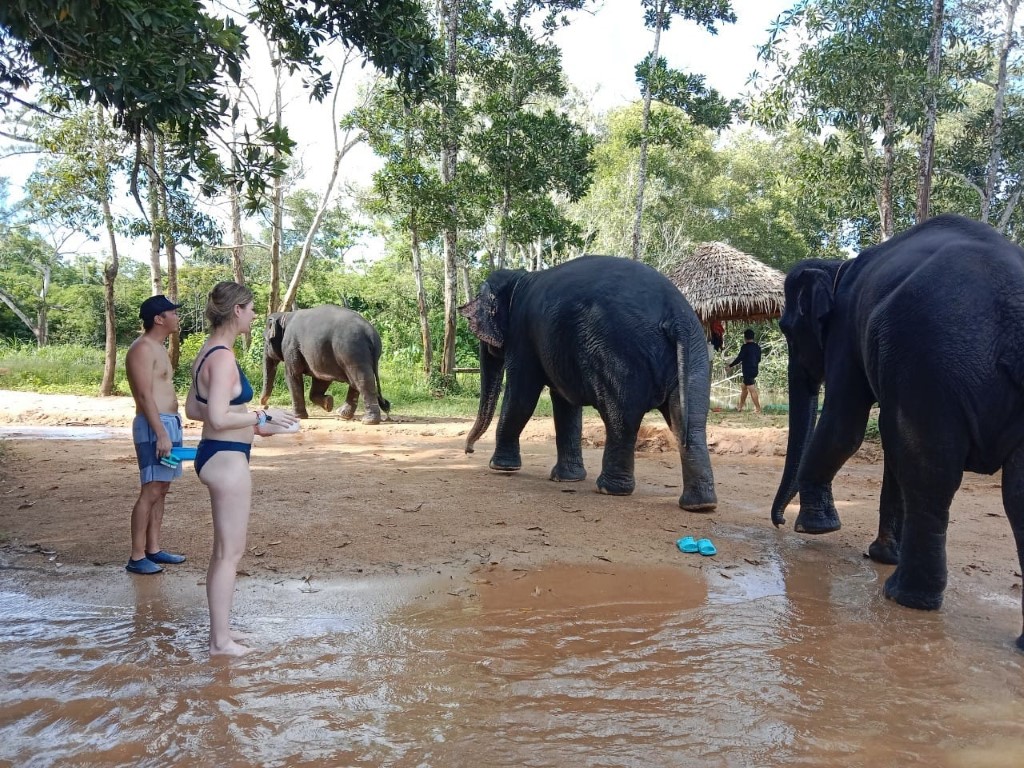
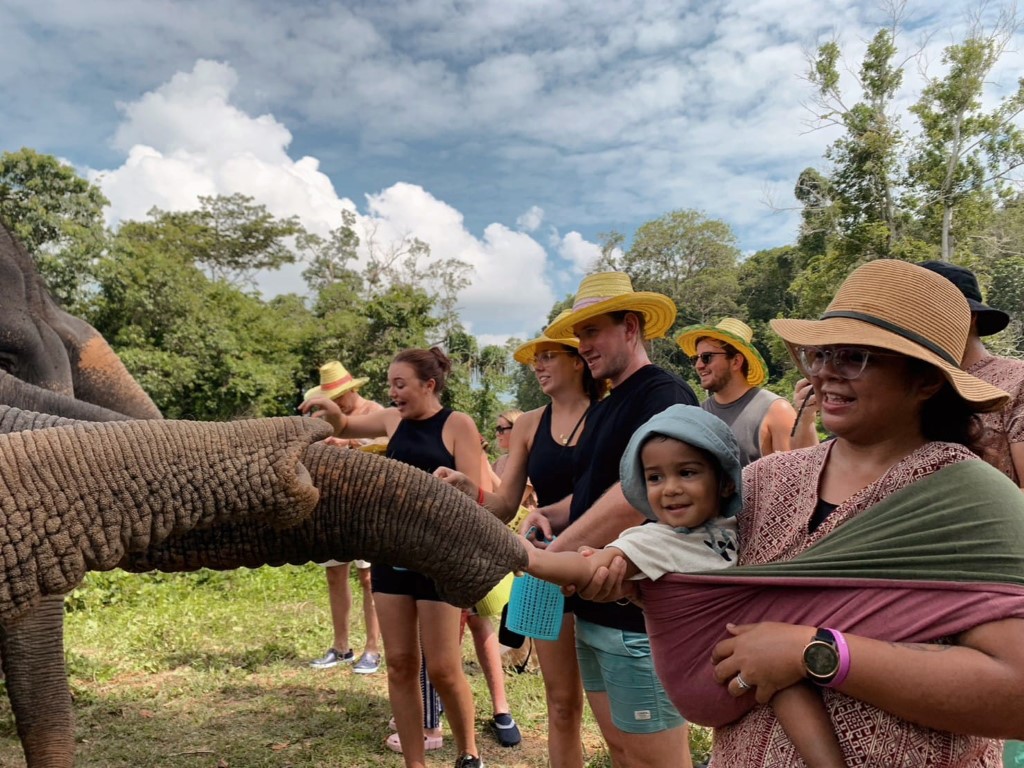
Popular Elephant Sanctuaries in Thailand
Chiang Mai Elephant Nature Park
Located in northern Thailand, this sanctuary is renowned for its pioneering efforts in elephant conservation. Visitors can feed and bathe elephants while learning about their individual stories.
Phuket Elephant Sanctuary
As the first ethical elephant sanctuary in Phuket, this establishment emphasizes education and ethical tourism. Visitors are encouraged to observe elephants in their natural habitat without direct interference.
Surin Project
Situated in northeastern Thailand, the Surin Project focuses on improving the lives of elephants and mahouts through sustainable community-based initiatives
How Tourists Can Support Ethical Practices
Research Before Visiting
Not all establishments claiming to be sanctuaries uphold ethical standards. Look for reviews, certifications, and policies before choosing a destination.
Avoid Elephant Rides
Support businesses that prioritize animal welfare over profit by avoiding any attractions that offer elephant rides or performances.
Support Conservation Efforts
Donate to reputable organizations working on elephant conservation or volunteer your time at ethical sanctuaries
The Future of Elephants in Thailand
Education and Awareness
Raising public awareness about the plight of elephants can drive change in both tourism and conservation practices. Schools, social media campaigns, and documentaries play a crucial role in educating the public.
Legal Protection
Stronger laws and regulations are needed to protect both wild and domesticated elephants. Policies that enforce humane treatment and habitat preservation are essential for long-term sustainability.
Community Involvement
Local communities play a pivotal role in elephant conservation. Programs that provide alternative livelihoods for mahouts and involve communities in ecotourism can create a win-win scenario.
Conclusion
Elephants are an integral part of Thailand’s identity, representing both its rich history and its evolving values. By supporting ethical tourism and conservation efforts, visitors to Thailand can contribute to a future where elephants thrive in their natural habitats, free from exploitation. Whether through visiting an elephant sanctuary, spreading awareness, or supporting legislation, every effort counts in ensuring a better future for these majestic creatures.

